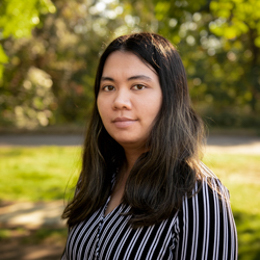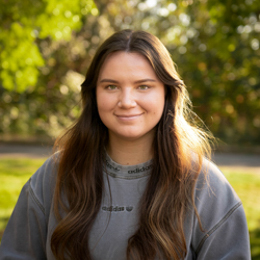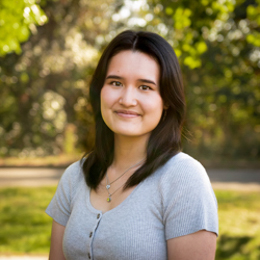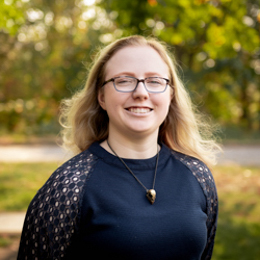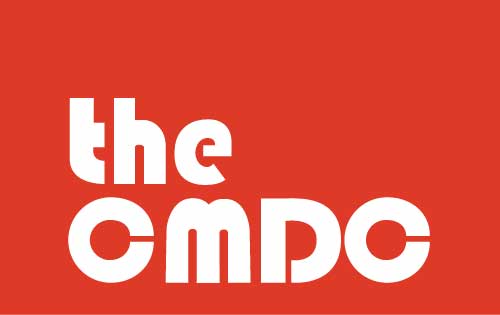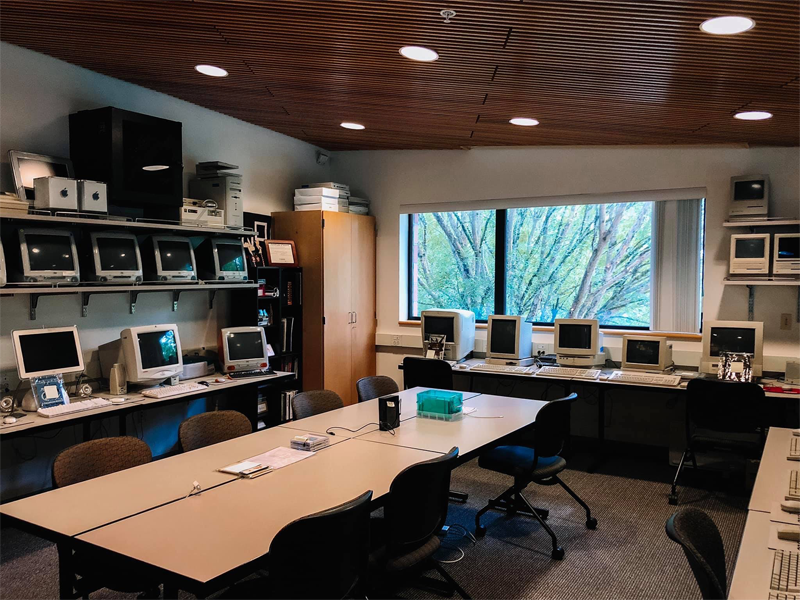The CMDC of the Department of DTC
The Creative Media & Digital Culture (CMDC) of the Department of Digital Technology & Culture (DTC) teaches students to conceptualize, in both research and practice, applications of digital technologies and to think critically about digital media and the ways humans interact and engage with them. The CMDC focuses on six areas of study within the field of digital media: 1) web & mobile design & development, 2) 2 & 3D animation for simulation and visualization, 3) digital publishing, 4) physical computing, 5) social media / SEO for digital marketing, and 6) game studies & design.
The brainchild of Vancouver campus administrators––Hal Dengerink, Leslie Wykoff, and Tim Hunt––The CMDC was founded in 1997 as the Electronic Communications and Culture program on the Vancouver campus and envisioned as an interdisciplinary program that looks critically and responded creatively to issues relating to digital media. The name was changed to Digital Technology & Culture in 2003 when the program was approved to offer the B.A. degree. That same year it was adopted by both the Pullman and TriCities campuses. In 2006 the program extended its offerings to emphasize hands-on practice to accompany and enhance its theoretical focus. When it was approved to become an independent academic program on the Vancouver campus in 2010, the name was changed to the Creative Media & Digital Culture program. In fall 2022 it joined the Pullman and TriCities campuses into a department but continues to maintain its special flavor––and name. With over 200 majors, The CMDC is recognized as one of five Signature Programs at WSUV.

 Rachael Kramer
Rachael Kramer
